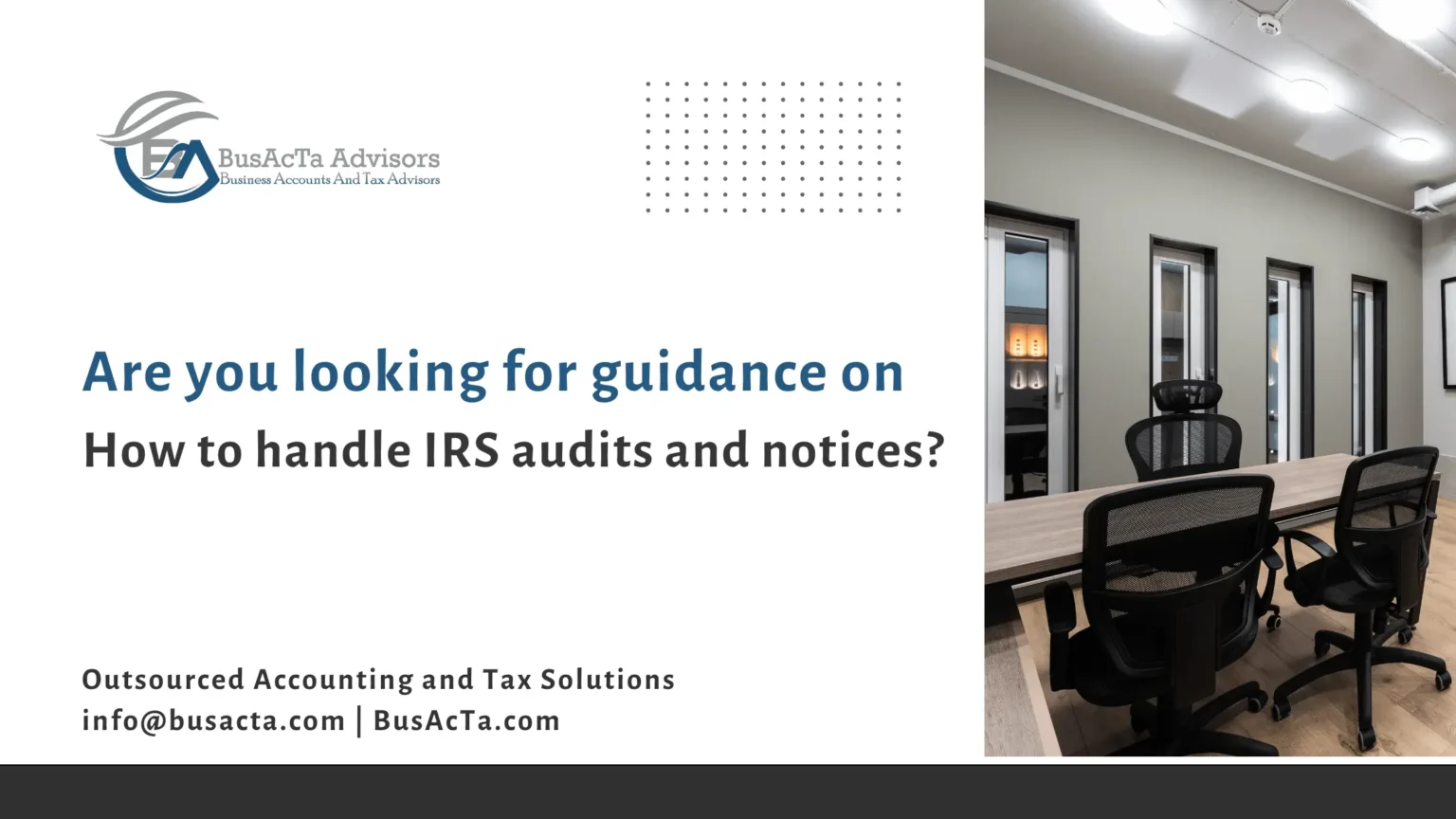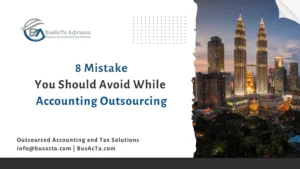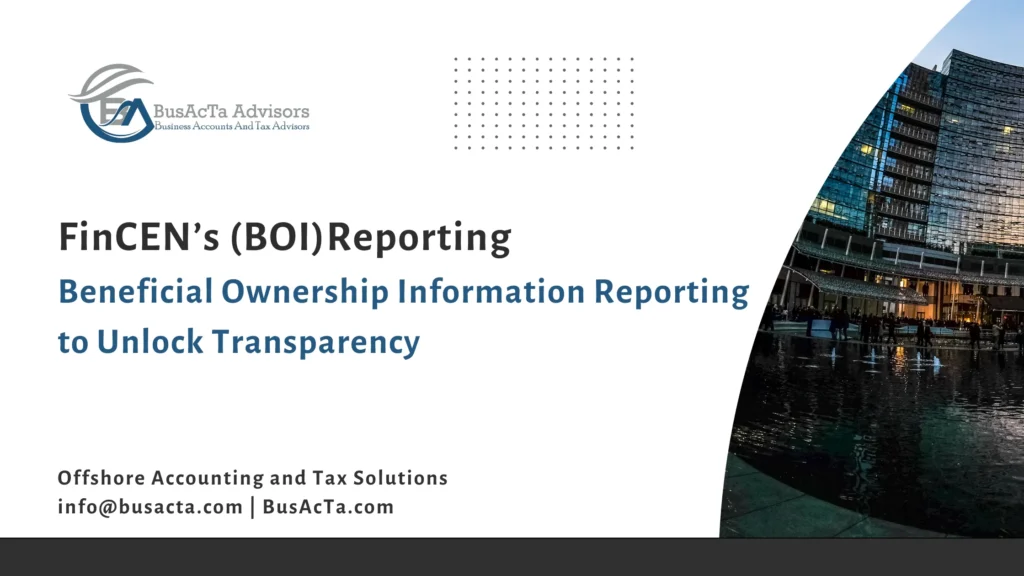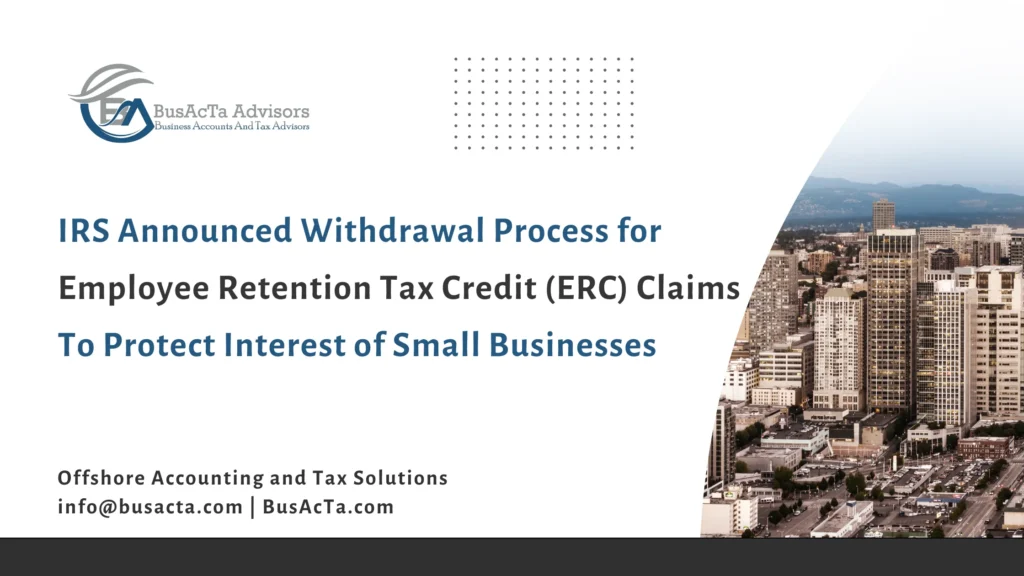Getting a knock on the door or finding an IRS audit notice in your mailbox can be really nerve-wracking. Just take a deep breath! You can get through this process smoothly with the right approach.
The following is an outline of the five essential steps to successfully handling IRS audits and notices:
1. Make sure to act quickly and respond promptly.
We need to act quickly! Make sure to always respond to any notices you receive from the IRS within the timeframe they specify. If you ignore a notice, you may end up facing significant penalties, and it will become more challenging to resolve the issue. If you need more time to gather information, it’s important to contact the IRS audit right away and request an extension. When you communicate proactively, it demonstrates that you have good intentions, and it has the potential to make the process better.
2. Start by getting organized and gathering all your necessary documents.
Be prepared, because the IRS audit is notorious for loving paperwork! Please gather all the documents that are related to the audit or notice. You should gather all the necessary financial documents for the tax year in question, such as tax returns, receipts, bank statements, canceled checks, and any other relevant financial records.
Pro Tip: Use a system, such as folders or a spreadsheet, to organize your documents based on the year and type. Our organization is dedicated to saving you time and frustration during the audit process.
3. Know Your Enemy (Well, Not Exactly): Understand the Audit Type
There is a variation in the level of intensity and thoroughness of IRS audits. There are three main types of something:
- Correspondence audits: You can usually handle these through the mail without much trouble.
- Office Audits: You will have a meeting with an IRS audit agent at their office to discuss the issue.
- Field Audits: The most comprehensive option is when an IRS agent personally visits your business or residence to conduct a thorough examination.
It’s important to know the type of audit you’re facing because it will give you an idea of how much detail and preparation you’ll need.
4. Consider Enlisting Backup: Seek Professional Help
Dealing with the tax code can be complex, and it’s clear that dealing with the IRS audit can be stressful. You might want to think about hiring a tax professional or attorney to help represent you. Here are some things they can do:
- Interpret complex tax laws: Professionals will make sure you truly understand the specific issue that the IRS is bringing up.
- Communicate with the IRS: Professionals can handle all communication with the IRS on your behalf, ensuring accuracy and professionalism.
- Protect your rights: They will make sure that the audit process is fair and that you are not treated unfairly.
5. Honesty is the Best Policy: Be Cooperative
During the process, it is important to be honest and cooperative with the IRS. Make sure to give them accurate information and reply to their requests in a timely manner. If you attempt to conceal information or deceive the IRS, it will only exacerbate the situation and potentially result in significant penalties or legal consequences.
Remember, you’re not alone!
If you find yourself dealing with an IRS audit or notice, we are available to provide assistance. Our team consists of qualified tax professionals who are here to assist you every step of the way. We can provide guidance, answer any questions you may have, and help you effectively respond to the IRS. If you’d like to schedule a consultation and gain peace of mind, feel free to contact us today at info@busacta.com.








